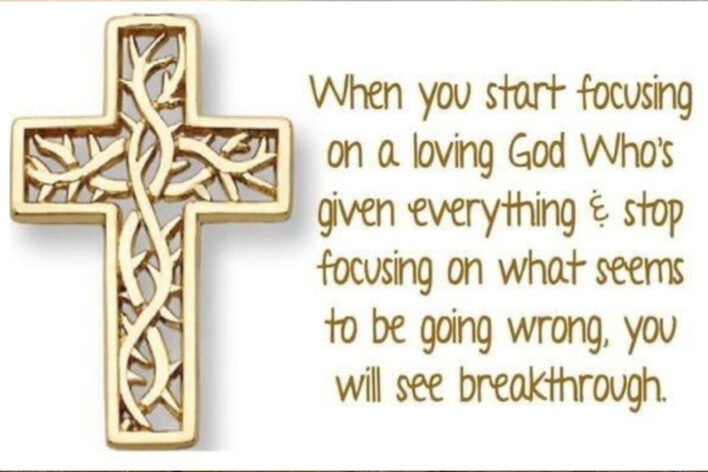“How long, Lord? Will you forget me forever? How long will you hide your face from me? How long must I wrestle with my thoughts and day after day have sorrow in my heart? How long will my enemy triumph over me?”
“Look on me and answer, Lord my God. Give light to my eyes, or I will sleep in death, and my enemy will say, “I have overcome him,” and my foes will rejoice when I fall.”
“But I trust in your unfailing love; my heart rejoices in your salvation. I will sing the Lord ’s praise, for he has been good to me.” (Psalm 13:1-6 NIV)
When I read this Psalm today, I felt “From Waaaaaa to Worship” would have been an appropriate title. In verses 1 and 2, it seemed like David was having a bit of a pity party. “How long, Lord?” (waaaa). “Will you forget me forever?” (waaaa) “How long will You hide Your face from me?” (waaaa). The list of “waaaa” statements went on. But you know what I noticed? David chose to pour out all his “waaaa” to God. He took his feelings of frustration about his circumstances to the Lord. This should make us do a little bit of internal evaluation. I mean, we all have our “waaaa” moments. But what do we tend to do in those moments? Convicting, huh? You’re welcome. haha
God called David “a man after My own heart”. Why is that? Because David never had a down day or a period of depression? Nope. It was because even though David had those “waaaa” feelings, he didn’t sit in them.
In verses 3-4, David prayed, “Look on me and answer, Lord, my God.” Did you catch that? “Lord, MY God”. His relationship with God is what made it possible for David to ask for God to give “light to his eyes”. David was really stressed, emotional, and downcast. He was in a dark emotional place. He needed God to give light to his eyes. One of the aspects of the Hebrew word for eye (ʿayin) refers to mental and spiritual faculties. David was asking God to open his spiritual eyes and reveal how to handle what he was experiencing emotionally. Once David did that, we see that God answered his prayer.
David ended this Psalm with a declaration of trust (“I trust in Your unfailing love”), a choice to rejoice (“my heart rejoices in Your salvation”), and the determination to praise (“I will sing the Lord’s praise for He has been good to me.”). It’s important for us to notice that David’s circumstances hadn’t changed, but what DID change was David’s focus. By the end of this Psalm, David’s focus has shifted away from his circumstances and toward the goodness of God.
Because David took his feelings to Him, God was able to give him a different perspective. David saw that circumstances are not a reliable measurement of God’s goodness to a person. God is still good even when our circumstances are not. So let’s take a cue from David. Let’s choose to take our “waaaa” to our Lord and allow Him to redirect our focus to His goodness. Then we too will experience for ourselves how God can take a “waaaa” and turn it into worship.

